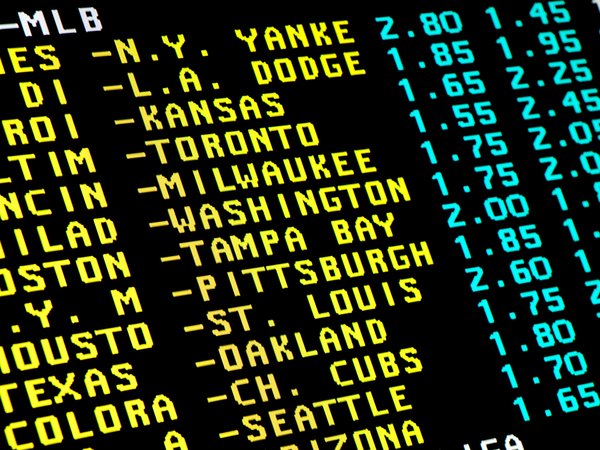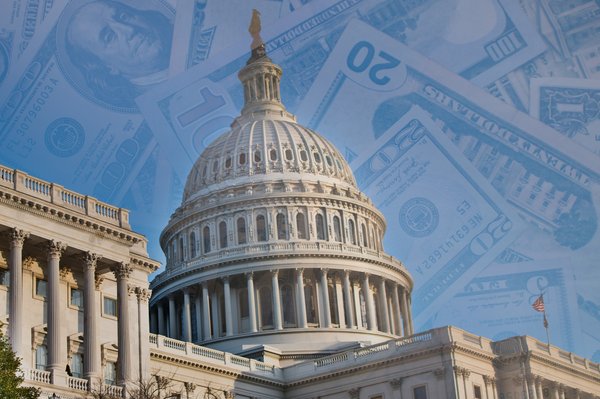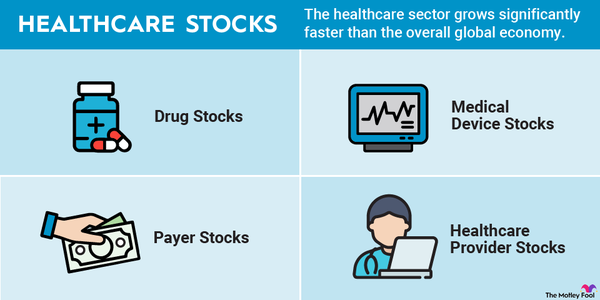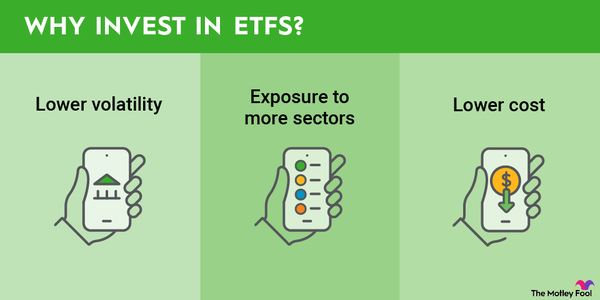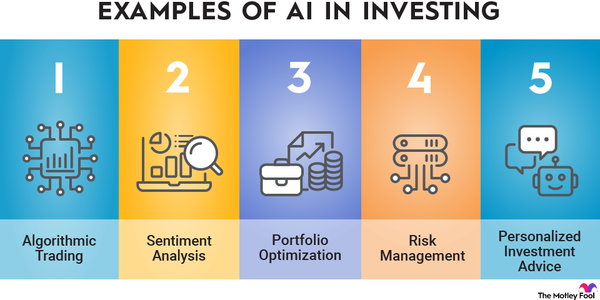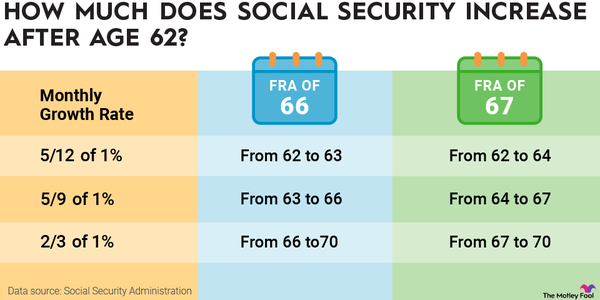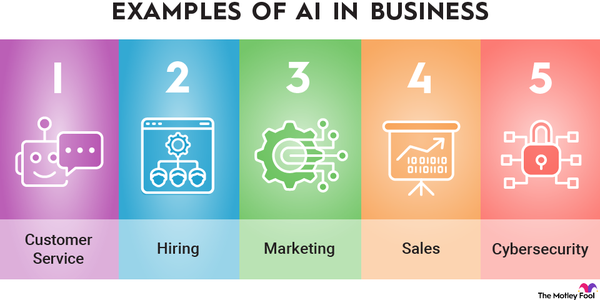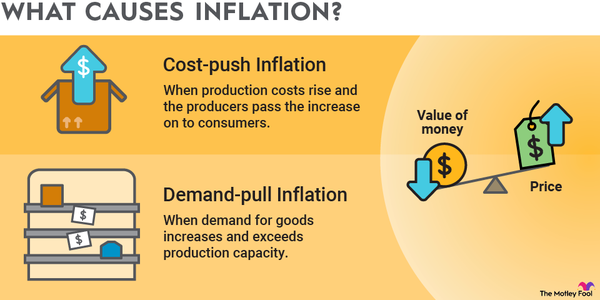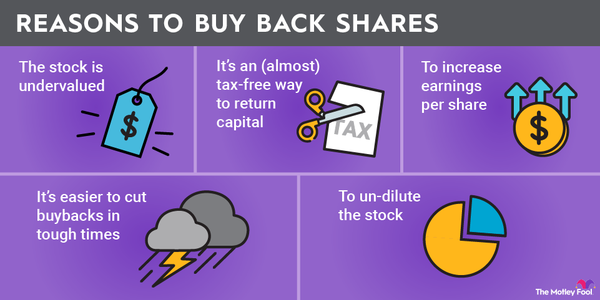Humans have been exploring space since 1957, when the Soviet Union launched Sputnik 1. While government agencies previously conducted all space missions, that's no longer the case. Private space companies now launch satellites, transport astronauts, and are in the early stages of offering space tourism.
The development of the space industry is exciting from a technological and scientific standpoint. It could also be profitable for investors who have space stocks in their portfolios.
But how much is space exploration growing, and which space companies have been the most successful so far? Find out in this detailed look at space launch statistics.
Multiple metrics are used to track space launches. Orbital space launches are spaceflights in which a craft could be in space for at least one orbit. Spacecraft launched include all vehicles that reach outer space. Upmass, measured in kilograms, is the payload carried into orbit on a spaceflight.
Orbital space launches have rapidly increased. New records have been set for the last four years. In 2024, there was an orbital launch attempt every 34 hours. Spaceflights are also carrying more -- total upmass more than doubled from 2022 to 2024.
Much of that success is because of two companies: SpaceX and the China Aerospace Science Corporation (CASC), a state-owned enterprise. In 2021, CASC had the most orbital launches, 48, followed by SpaceX. After that, SpaceX took the lead and hasn't looked back. The two space companies have accounted for more than half of all orbital launches for the last four years (in 2024, SpaceX alone managed that). In 2024, CASC was responsible for 47 launches while SpaceX recorded 134.
In less than two decades, SpaceX has become arguably the biggest success story in the space industry. It was on the brink of bankruptcy in 2008 before the successful orbital launch of the Falcon 1 rocket. SpaceX reached another milestone in 2010 when it became the first private company to launch and recover an orbital spacecraft, the Dragon.
In 2014, SpaceX accounted for 6 out of 12 U.S. space launches. A year later, it raised $1 billion in funding, started developing its Starlink internet satellites, and was responsible for 7 out of 9 U.S. launches. In 2017, it achieved an impressive 45% global market share of awarded commercial space contracts, making it the top commercial launch provider.
SpaceX’s dominance has continued to grow in the 2020s. It hit new launch records every year from 2020 to 2024, and it's now responsible for more than 80% of U.S. space launches.
Space launches by country
The United States won the race to land humans on the moon, but for much of the 20th century, the Soviet Union had the more successful space program. From 1957 until its dissolution in 1991, it had 2,760 space launches, more than twice as many as the U.S. (1,221).
While the U.S. has long been a leader in space exploration, it has ramped up its launches in recent years. Since 2010, it has 7,605 launches. The rest of the world has a combined total of 3,277 over that same time period.
Why commercial space launches matter for investors
The increasing number of commercial space launches and upward trend in upmass are signs that the space industry is growing. Investors still have the chance to get in early, since many space companies are fairly new ventures, and their investment options are diverse for an industry with a relatively high barrier to entry.
- Virgin Galactic (NYSE:SPCE) is aiming to be a pioneer in space tourism.
- Defense contractors, including Lockheed Martin (NYSE:LMT), L3Harris Technologies (NYSE:LHX), and Boeing (NYSE:BA), aren't strictly space companies, but they have all been awarded contracts with NASA.
- For those who want to invest in a broad swath of space stocks, there are also space-focused exchange-traded funds (ETFs), with the ARK Space Exploration & Innovation ETF (NYSEMKT:ARKX) being one of the most notable examples.
Investors should keep in mind that space is a high-risk, high-reward industry. Space launches are expensive, and space companies often operate at a loss for years while developing their businesses.
It's also an industry that's expected to increase substantially in value. McKinsey & Company estimate that the global space economy will be worth $1.8 trillion by 2035. With that in mind, and the impressive recent space launch statistics, space stocks are worth considering for investors with a high risk tolerance.
FAQs
How many satellites are in space?
There are 11,873 active satellites in space as of February 2025, according to Orbiting Now.
How many rockets has SpaceX launched?
SpaceX has launched 440 rockets as of February 2025, according to licensed launch data from the FAA.
Sources
- Federal Aviation Administration (2025). "Commercial Space Data."
- McKinsey & Company (2024). "Space: The $1.8 trillion opportunity for global economic growth."
- Orbiting Now (2025). "Active Satellite TLE Data and Information."
- United Nations Office for Outer Space Affairs (2024) -- with major processing by Our World in Data. "Cumulative number of objects launched into space -- UNOOSA."
Lyle Daly has no position in any of the stocks mentioned. The Motley Fool has positions in and recommends L3Harris Technologies. The Motley Fool recommends Lockheed Martin. The Motley Fool has a disclosure policy.



























































